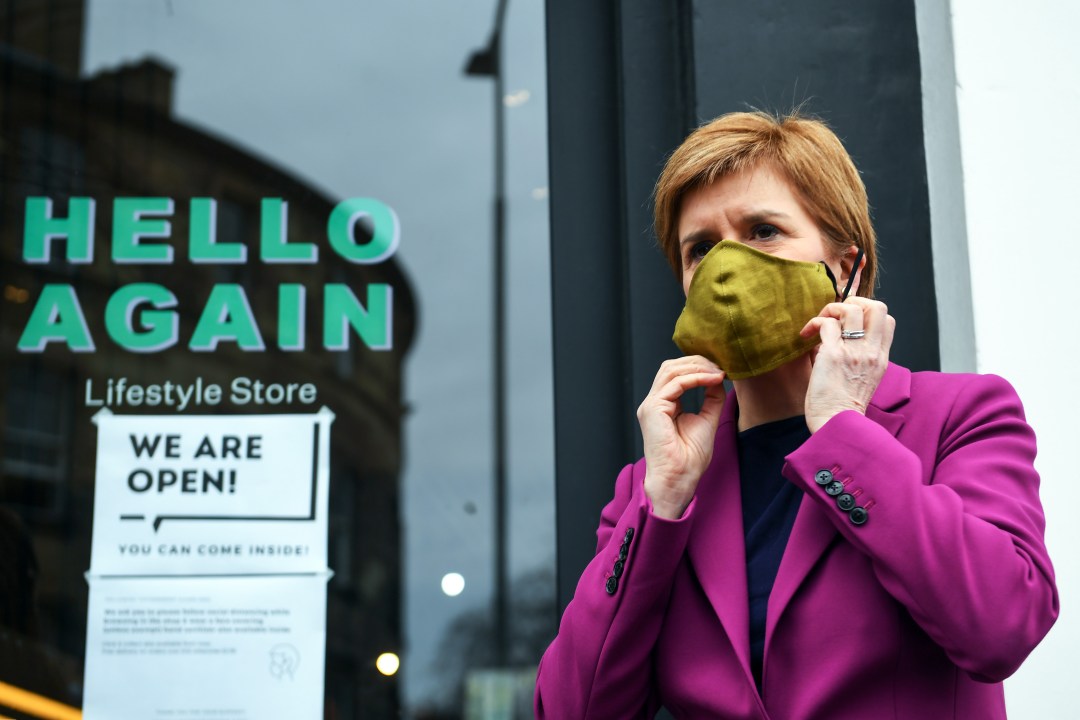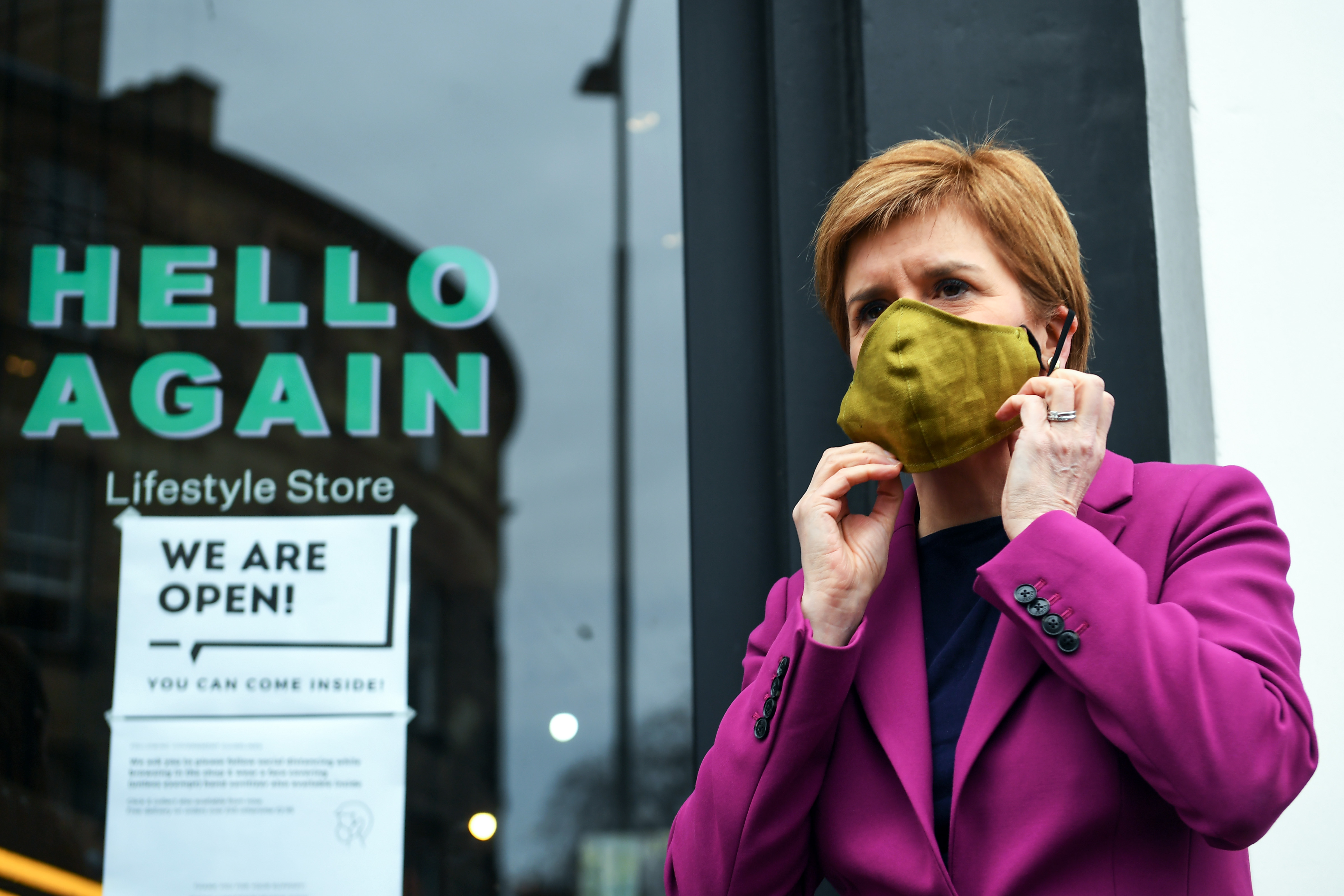Few events are as eagerly anticipated in Scotland as the release of a bombshell new poll. Unionists and nationalists eagerly refresh their Twitter feeds at the anointed hour, awaiting to praise or castigate the company in question for its latest figures on the all important question of independence. For both sides know the figures will be seized on by the media as ‘proof’ that their side is winning, their cause is just and their campaign’s triumph inevitable.
One poll that made more headlines than most was a Savanta ComRes survey in December which found that support for a ‘Yes’ vote to Scotland leaving the Union was polling at 52 per cent compared to ‘No’ on 48 per cent. Excluding ‘Don’t Knows’ the figure backing ‘Yes’ rose to 58 per cent, with the Scotsman noting it was ‘a return to record high levels of support for independence.’ The findings were trumpeted by nationalists both online and offline with SNP MP Pete Wishart crowing to Michael Gove in the Commons that it showed independence was the ‘settled will’ of the Scottish people.
However it now transpires that Savanta Comres failed to adequately adjust its Scotsman polling for three months, with the company releasing a grovelling statement on Tuesday apologising for its error:
It has been brought to our attention that there was a weighting error in the first three of our Scottish voting intention polls for the Scotsman, that were published in December, January and February respectively. Subsequent polls in March and April did not suffer from the same error. Instead of weighting by likelihood to vote at the correct step, the step was missed which meant that weighting was in fact turned off for our independence and Holyrood voting intentions.
The original polls in December, January and February reported support for independence as being 52 per cent, 51 per cent and 47 per cent respectively. When retrospectively adjusted they reveal support was actually 49 per cent, 47 per cent and 43 per cent – potentially narrative-changing figures. The headline December figure of 58 per cent for Yes with ‘Don’t Knows’ excluded, was actually 55 per cent when properly adjusted – the same figure who voted to stay in the UK in 2014, something Pete Wishart presumably never regarded as being the ‘settled will’ of the Scottish people.
The Scotsman newspaper has now published its own correction for the independence question and Holyrood constituency polling, noting that the ‘data overstated support for the SNP and Yes and understated support for No and Scottish Labour in the three polls’ between December to February. But as LabourHome editor Duncan Hothersall pointed out: ‘Given the nature and reach of the reporting at the time it seems to me that the revision of these figures is not being given remotely enough coverage today. This stuff matters.’
Steerpike is glad to play his part in (belatedly) correcting the record.








Comments